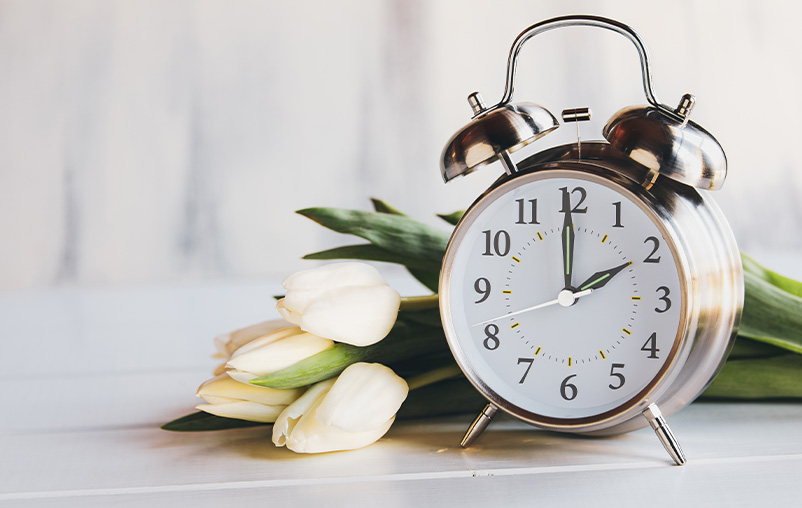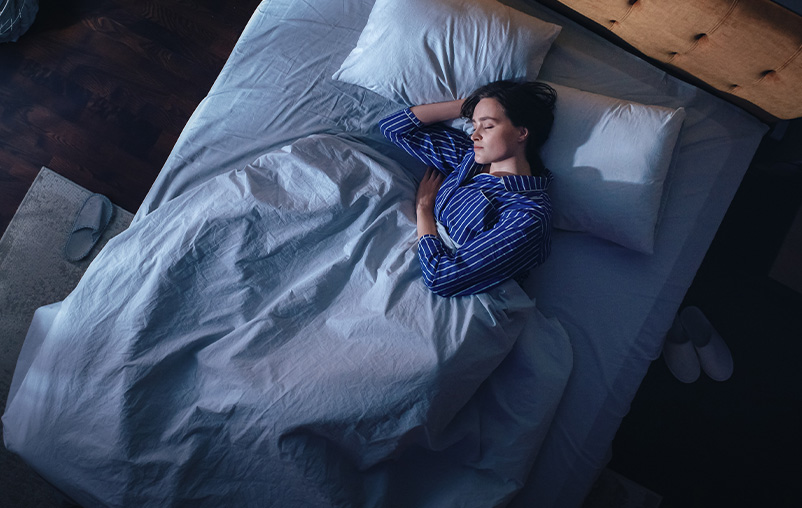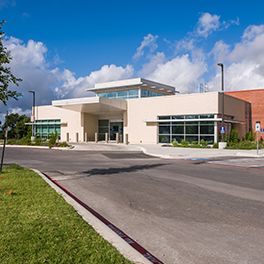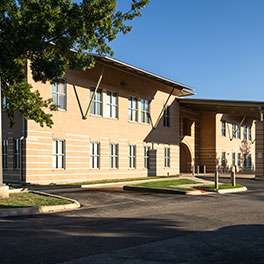-
Courtyard Medical Center - Sleep Medicine
8585 Marriott Drive2103588587
3rd Floor
San Antonio,TX 78229
Sleep disorders are extremely common in the U.S. and affect about 60 million adults. These disorders can negatively impact your quality of life and even lead to health risks down the road, such as increased risk of heart disease and obesity. University Health doctors also treat pediatric sleep disorders, such as bedwetting and night terrors.
Conditions We Treat
At University Health, we believe a good night’s sleep is the key to a healthy, productive day. But if you have a sleep disorder, you might feel drowsy or irritable and have trouble remembering things during the day. We treat the following sleep disorders:
- Bedwetting
- Central sleep apnea
- Insomnia
- Obstructive sleep apnea (OSA)
- Narcolepsy
- Night terrors
- Restless legs syndrome (RLS)
- Sleepwalking
- Snoring
- Unrestful sleep
Sleep Disorder Diagnosis
No matter what sleep disorder you are struggling with, our doctors can help get to the root of the problem with a confident, accurate diagnosis. After asking about your symptoms, health history and sleep history, our doctors use a variety of tools to diagnose your disorder, such as:
- Home sleep study
- In-lab sleep study or polysomnography, an overnight test which measures brain activity, heart rate, oxygen levels and eye movement to give in depth analysis of quality of sleep and sleep disorders
- Multiple sleep latency test (MSLT), done during the day after a full night’s sleep, to evaluate for excessive sleepiness and narcolepsy
- Physical exam
Treating Your Sleep Disorder
Your doctor may recommend a combination of lifestyle changes and medication to treat your sleep disorder. Depending on the nature and severity of your disorder, you may have to make significant changes to your daily habits.
Medical treatment options
- Cognitive behavioral therapy
- Medication to treat nightmares
- Medication and interventions for bedwetting
- CPAP/ BiPAP machine
- Surgery to remove excess tissue that blocks the airway
- Nerve stimulator
Lifestyle changes
- Abstaining from caffeine three hours before bed
- Eating a healthy diet
- Establishing a strict bedtime routine
- Exercising 30 minutes per day
- Limiting liquid intake before bed
- Quitting smoking
Put your sleep knowledge to the test with our sleep medicine quiz.
Collaborative Care Focused on You
University Health has three dedicated sleep specialists, one of which specializes in pediatric sleep disorders.
We’re dedicated to finding the solution to your sleep disorder. Because sleep quality can affect your heart, your cardiovascular doctor might refer you to us. Or it can affect your mood and cognitive processes, so a psychologist or neurologist may refer you to us.
Possible Complications of Sleep Disorders
Though sleep disorders can leave you feeling disoriented, irritable, and even depressed, they may also threaten your physical health if left untreated. Doctors have linked sleep disorders and poor sleep quality to:
- Weight gain
- Increased risk for stroke
- Increased risk for heart disease
- Increased risk for diabetes
- Increased risk for dementia
- Accidents caused by drowsy driving
- Heart attacks
- Uncontrolled high blood pressure
- Cognitive difficulties
Make an Appointment at the Sleep Clinic
Don’t endure another restless night. Call 210-644-4350 to make an appointment with a University Health sleep specialist to get your life back on track. We are here to test, diagnose and treat your sleep disorder.
Doctor Referrals
To refer a patient, please call us at 210-358-8587.





